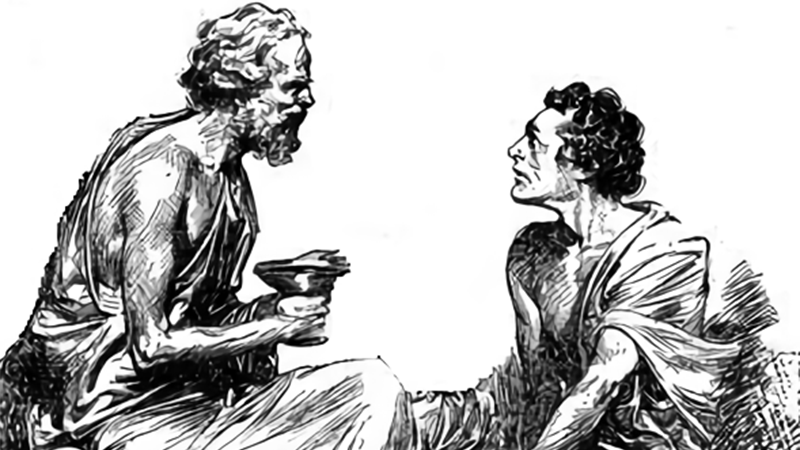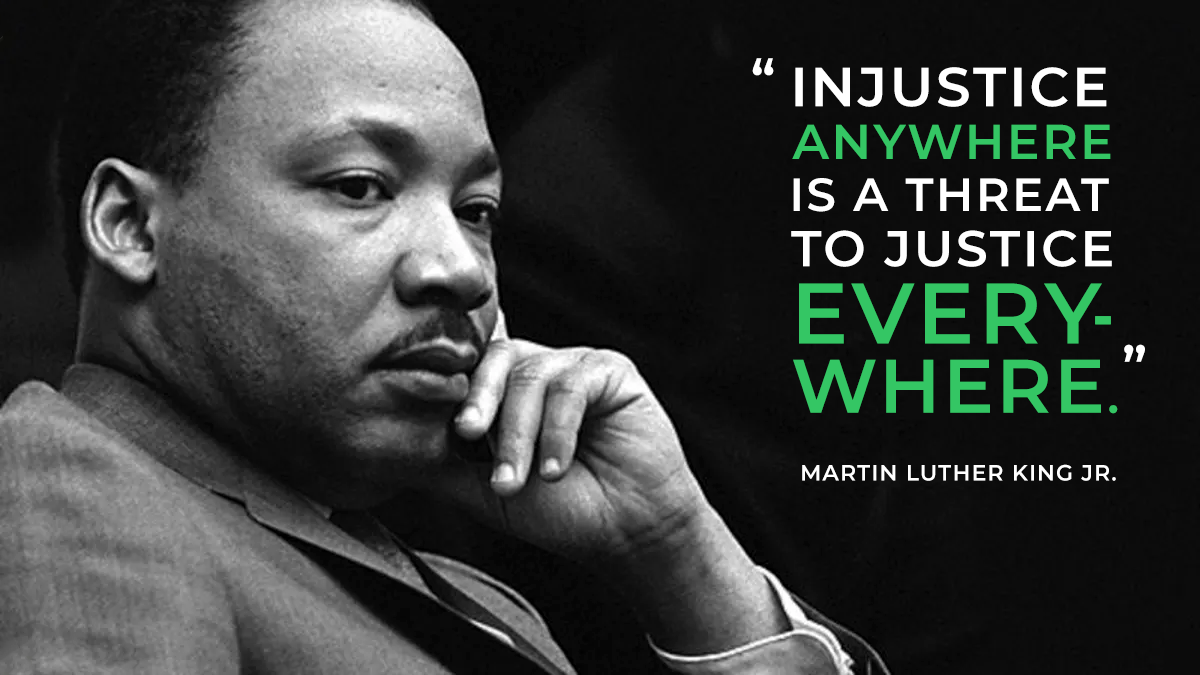
Why Does Ethics Matter to Us?
Socrates says that “the unexamined life is not worth living.” He embodied that principle in his own life by questioning himself and questioning others, examining opinions and beliefs to clarify them and to see if they had valid supporting reasons.
We often hold beliefs that we haven’t really thought about, but once we do examine them, we understand them better. Sometimes we revise them because we realize we were mistaken and ought to abandon a belief for an improved one.
Socrates thought this process of examination, of really trying to discover what Justice and the Good are, both as individuals and in dialogue with others, was foundational to developing as a human being, to becoming a wise and just person, and to becoming a just society.
Socrates was put to death by Athens for being a critical, questioning voice and for refusing to be silent. He argued that he would harm himself morally if he ceased to live the examined life.
Thus, sometimes others, or your society feel threatened by someone who questions the status quo, or what have been unquestioned beliefs. Socrates thought that even if others don’t like criticism or a questioning approach, you still have a moral duty to engage in critical examination. He argued it was more important to aim for what is truly just and to live rightly than to just go along with the status quo or with what your peers or fellow citizens believe. But, he also thought that your own beliefs ought to be subject to the same critical examination, and that this should take place in dialogue and in community.

Martin Luther King defends the moral legitimacy of civil disobedience in his Letter From A Birmingham Jail. King argues that injustice doesn’t correct itself, but requires concerted effort, and that we have a moral duty to make such an effort.
Like Socrates, King thought that sometimes justice requires that one challenge the status quo if it is unjust, even if this means putting one’s life on the line as many did during the civil rights movement.
